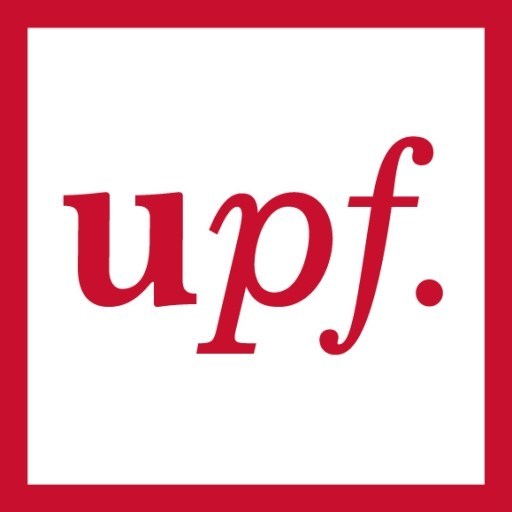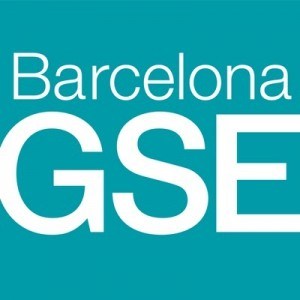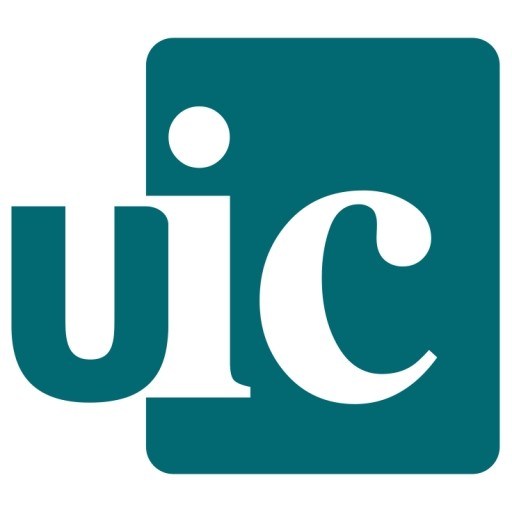Photos of university
The Master’s Degree in Intelligent Interactive Systems at Pompeu Fabra University offers a comprehensive and cutting-edge education in the development, design, and implementation of innovative interactive systems that leverage artificial intelligence, human-computer interaction, and adaptive technologies. This program is designed to equip students with the theoretical knowledge and practical skills necessary to create intelligent interfaces and systems that enhance user experience across various domains, including entertainment, education, healthcare, and industry. Throughout the course, students will explore a multidisciplinary approach, integrating concepts from computer science, psychology, design, and engineering to understand user behavior and develop intuitive, accessible, and efficient interactive applications. The curriculum includes core courses on machine learning, natural language processing, computer vision, user-centered design, and multimodal interaction techniques. Students also engage in hands-on projects, collaborating with industry partners and research labs to address real-world challenges and innovate within the field of intelligent systems. The program emphasizes research and development, preparing graduates for careers in academia, research institutions, and the technology sector. With access to advanced laboratories and facilities, students have the opportunity to experiment with emerging technologies such as augmented reality, virtual reality, and personalized systems. The teaching staff comprises renowned researchers and industry experts, ensuring a high-quality educational experience aligned with current market trends and technological advancements. Graduates of this program will be capable of designing and deploying intelligent interactive systems that are user-centric, ethically responsible, and economically viable, contributing to technological progress and societal impact. The Master’s in Intelligent Interactive Systems fosters an environment of innovation, critical thinking, and creativity, empowering students to become leaders in the rapidly evolving landscape of human-computer interaction and artificial intelligence.
COMPULSORY
- Research Methodology
- Machine Learning
- Natural Language Interaction
- Web Intelligence
- Autonomous Systems
RECOMMENDED ELECTIVES FOR EACH TRACK
- Advanced Topics in Distributed Computing
- Pattern Recognition
- Data-driven Social Analytics
- Speech Technologies
- Face and Gesture Analysis
- Virtual Communication Environments
- Mobile Robotics
- Computer Vision
- Pattern Recognition
OPTIONAL POOL
- Signal Processing
- Algorithm Design
- Advanced Topics in Intelligent Interactive Systems
- Computer Basics in Audiovisual Systems
- Education, Games and Entertainment
- Advanced Concepts and Methods in Cognitive Systems
- Cognitive Science & Psychology: Mind, Brain and Behaviour
- Audio and Music Processing
Requirements
- Official undergraduate degree/diploma (or a bachelor's degree, a degree in engineering or architecture, diplomas, technical engineering and technical architecture diplomas, or, for foreign qualifications, the equivalent qualification awarded by an accredited higher education institution) and the academic transcript of the accredited official training with the average grade at the university of origin. Degrees in any academic field of study will be accepted.
- Curriculum Vitae in English.
- A letter of motivation in English, stating the candidate's interest in following the master's programme (600 to 800 words).
- Al least one letter of recommendation (academic).
- Identity Card or Passport.
- Proof of English language (level B2). English: official Cambridge certificates (FCE or higher), with results of 6.0 at IELTS or 100 at TOEFL (iBT), will be accepted, among others.
- Professional experience in any of the fields related to the master's programme.(optional)
- Research experience.(optional)
- Teaching experience. (optional)
- Additional academic training in areas related to the master's programme.(optional)
Scholarships
- GRAL - General scholarships for students enrolled on post-compulsory studies.
- MATRC - Financial credential for the purposes of processing university enrolments without prior payment of the public prices for the academic services.
- UPF - Tuition fee scholarship for university master's degree students
- Global Education
The Master’s Degree in Intelligent Interactive Systems at Pompeu Fabra University is a comprehensive program designed to prepare students for advanced research and professional careers in artificial intelligence, human-computer interaction, and related fields. The program focuses on the development, evaluation, and application of intelligent systems that can interact naturally and effectively with humans across various domains. Students gain a solid foundation in machine learning, natural language processing, computer vision, robotics, and user-centered design, enabling them to create innovative solutions for real-world problems.
The curriculum combines theoretical coursework with practical projects, fostering both technical skills and critical thinking. Students have opportunities to engage in cutting-edge research alongside faculty members who are internationally recognized experts in their fields. The program emphasizes multidisciplinary approaches, integrating insights from computer science, cognitive science, psychology, and engineering to enhance the design of intelligent interactive systems.
Throughout the program, students develop competencies in programming, data analysis, system design, and evaluation methods tailored to intelligent interfaces. They also learn about ethical considerations, social implications, and the impact of technology on society. The program supports innovation and entrepreneurship by encouraging students to develop prototypes and participate in collaborations with industry and research centers.
Graduates of this program are well-equipped to pursue careers in academia, research institutions, technology companies, and start-ups focused on intelligent systems. They may work as researchers, system designers, UX specialists, or project managers, contributing to the advancement of human-centric technology. The program is structured to promote interdisciplinary collaboration, research excellence, and practical skills, making it suitable for students with backgrounds in engineering, computer science, psychology, and related disciplines who are eager to delve into the rapidly evolving field of intelligent interactive systems.





